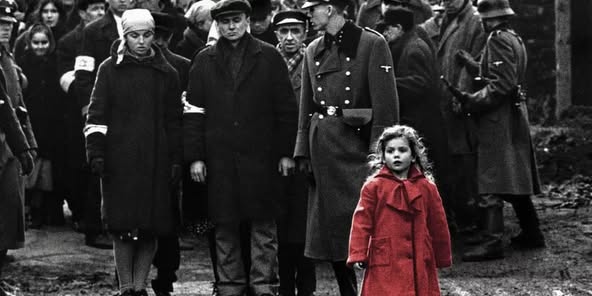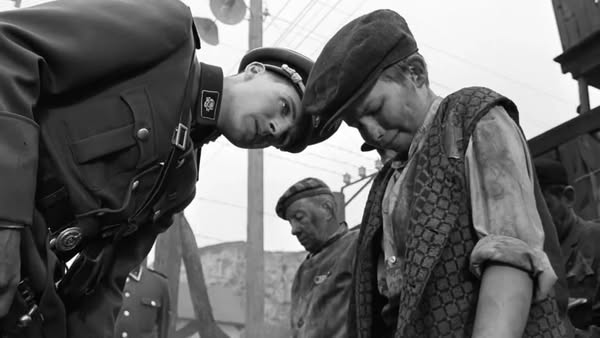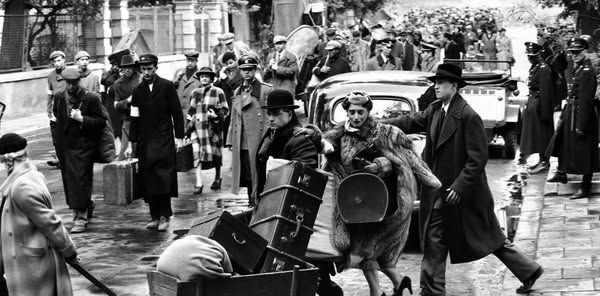Schindler’s List (1993)

Schindler’s List is a powerful 1993 historical drama directed by Steven Spielberg, renowned for its emotional depth and stark portrayal of the Holocaust. Based on the true story of Oskar Schindler, a German businessman who saved the lives of more than a thousand Jewish refugees during World War II, the film is both a harrowing account of human suffering and a testament to the capacity for compassion in the face of unimaginable horror.
Set against the backdrop of Nazi-occupied Poland, the narrative follows Schindler, played by Liam Neeson, as he transforms from a profit-driven industrialist to a savior of lives. Initially motivated by greed and the potential for profit, Schindler’s perspective shifts as he witnesses the atrocities committed against the Jewish population. His journey is marked by moral awakening, leading him to use his resources to protect those who are being persecuted.

The film is notable for its stark cinematography, predominantly shot in black and white, which enhances its somber tone and historical authenticity. Spielberg’s direction brings a visceral intensity to the storytelling, capturing both the brutality of the Holocaust and the quiet acts of heroism in the midst of despair. The use of color in specific scenes, such as the iconic image of the girl in the red coat, serves to highlight the innocence lost amidst the horror.

Ralph Fiennes delivers a chilling performance as Amon Goeth, the brutal Nazi officer, embodying the terrifying banality of evil. The contrast between Goeth’s sadism and Schindler’s compassion underscores the film’s exploration of morality and the human condition. Supporting performances, particularly by Ben Kingsley as Itzhak Stern, Schindler’s Jewish accountant, add emotional weight and depth to the narrative.
Schindler’s List is not just a recounting of historical events; it is a poignant reminder of the capacity for both good and evil within humanity. The film’s themes of sacrifice, redemption, and the fight against oppression resonate deeply, making it a critical work in both cinema and history.

The impact of Schindler’s List extends beyond its immediate narrative, serving as an important educational tool about the Holocaust and a reflection on the moral choices individuals face in times of crisis. Its legacy continues to influence filmmakers and audiences alike, solidifying its place as one of the most significant films of the 20th century. With its heart-wrenching storytelling and profound moral lessons, Schindler’s List remains a timeless and essential cinematic experience.











